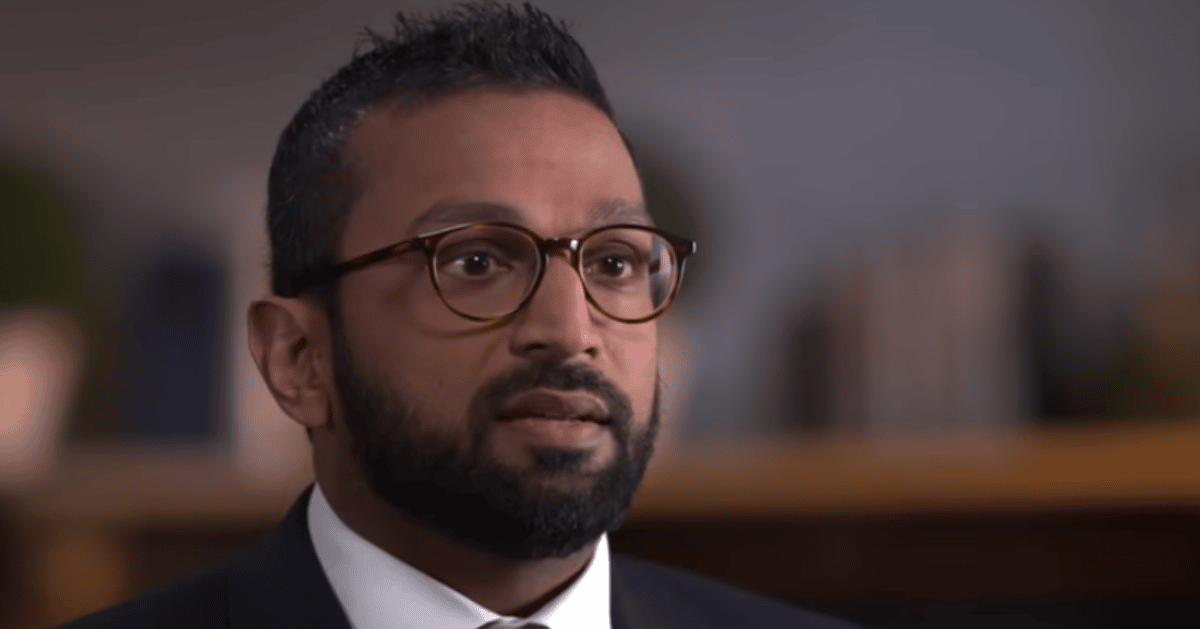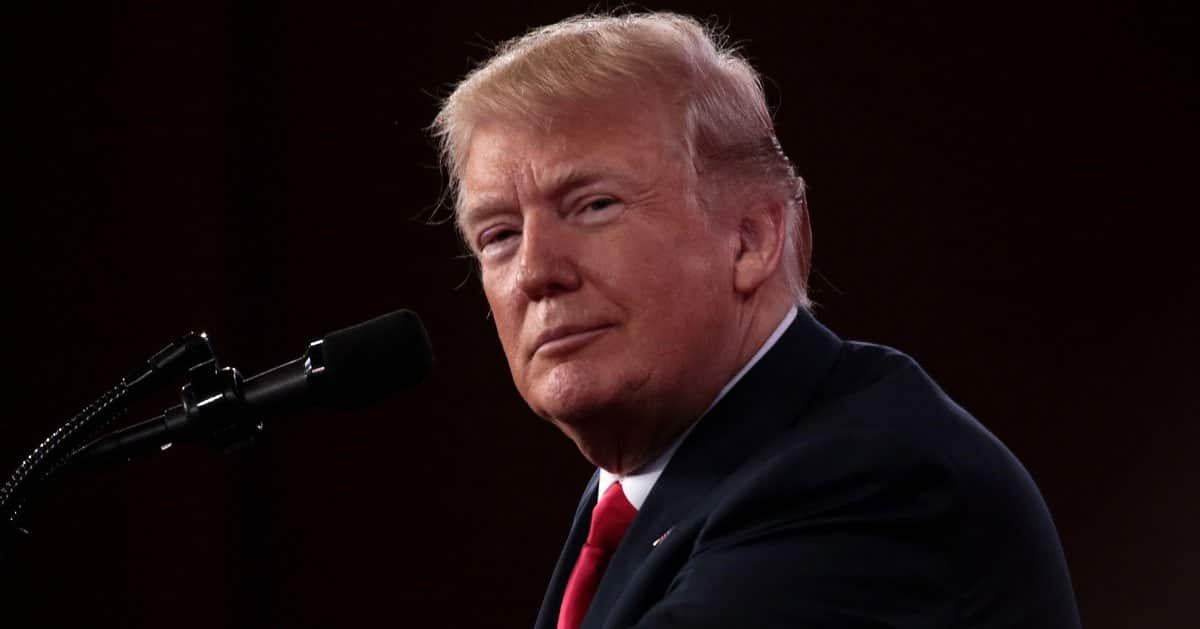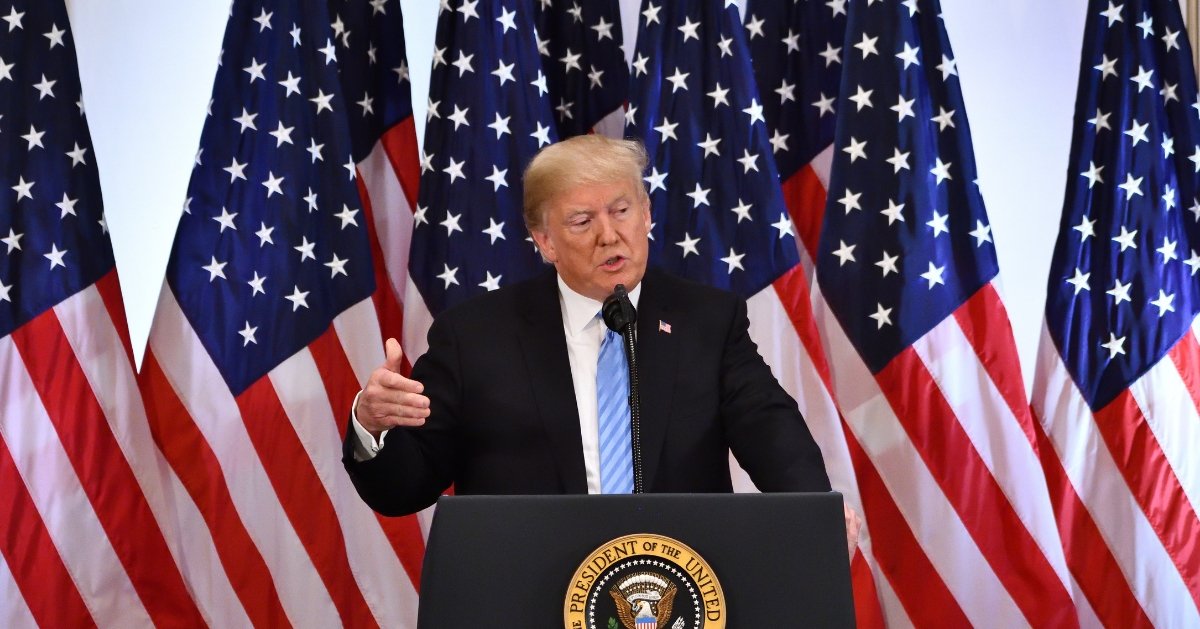





Washington, D.C., is caught in a tug-of-war over its police force as the Trump administration juggles local control with federal priorities.
The Associated Press reported that on Friday, the administration backed off its bold move to seize control of the city’s police department, allowing Chief Pamela Smith to stay in charge, while Attorney General Pam Bondi issued a directive demanding cooperation with federal immigration enforcement.
The saga began on August 14, when the administration, citing obscure statutes and a state of emergency, appointed DEA Administrator Terrance Cole as emergency police commissioner.
D.C. officials, fiercely protective of their limited self-governance, filed a lawsuit the next day to block the takeover. Mayor Muriel Bowser’s office called it an “unprecedented” assault on the city’s autonomy.
The Trump administration’s initial push leaned on a tough-on-crime and mass-deportation agenda, deploying National Guard troops and federal officers across D.C. starting August 11.
Humvees rolled up to key spots like the main train station, signaling a heavy federal presence. Yet, the swift reversal on police control suggests even the administration knows its legal footing is shaky.
U.S. District Judge Ana Reyes, overseeing the lawsuit, noted that while the president can request assistance, he likely can’t fully control D.C.’s police force. “The president can ask, the mayor must provide, but the president can’t control,” Reyes said. Her words expose the tension between federal overreach and the D.C. Home Rule Act of 1973, which grants the city some self-governance.
Bondi’s memo, however, threw a curveball, ordering D.C. police to assist Immigration and Customs Enforcement (ICE), despite the city’s sanctuary laws limiting such cooperation.
Chief Smith had already instructed officers to share information about non-custody individuals, like during traffic stops. The Justice Department slammed her for clinging to “sanctuary policies,” revealing the administration’s frustration with D.C.’s progressive stance.
National Guard troops and federal agents from the FBI, DEA, and other agencies patrolled D.C. on August 15, amplifying local unease. More than 100 protesters gathered outside police headquarters, chanting “Protect home rule!” and waving signs demanding resistance. Free DC activists also rallied outside the federal court, signaling growing unrest over federal intervention.
“It has been an unsettling week,” Mayor Bowser said, capturing the city’s anxiety over the surge in federal forces. She vowed to “fight for American democracy,” a lofty claim that sidesteps D.C.’s contradictions as a sanctuary city with rising tensions over immigration enforcement.
Her rhetoric, while stirring, ignores the reality that federal authority over D.C. is baked into the Home Rule Act. Bondi’s directive puts D.C. in a bind, as city officials scramble to balance sanctuary laws with federal demands.
“We remain committed to working closely with Mayor Bowser,” Bondi claimed, a statement dripping with irony given the administration’s aggressive tactics. Cooperation sounds nice, but it’s clear the administration wants compliance, not compromise.
ICE reported “several” arrests in D.C. on August 15, a vague tally that fuels fear among immigrant communities. Amy Fischer of Migrant Solidarity Mutual Aid called the federal patrols a “really significant change,” noting their hotline was “almost off the hook” with reports of ICE activity. Her panic underscores how quickly trust in local police can erode when federal agendas take over.
Anusce Sanai from Ayuda warned that advising clients to call the police may now require caution, a shift from standard guidance. “We have to be very careful about what we advise,” she said, highlighting the chilling effect of federal pressure.
Her concern, while valid, risks overstating the immediate danger, as D.C.’s homicide rate remains lower than many major cities, undermining claims of a public safety crisis.
Volunteers were seen assisting homeless individuals to clear encampments during the week of August 11, though their destinations remain unclear.
This side note of the federal crackdown raises questions about displacement without solutions. It’s a classic case of prioritizing optics over outcomes, a move that rarely ends well for the vulnerable.
The Trump administration’s retreat on police control is a rare concession, but Bondi’s immigration order keeps the pressure on. D.C.’s sanctuary status, meant to shield unauthorized migrants, now clashes head-on with federal demands. The city’s limited autonomy under the Home Rule Act leaves it vulnerable to such power plays.
Bondi accused D.C. Attorney General Brian Schwalb of opposing “efforts to improve public safety,” a jab that paints local leaders as soft on crime. Yet, her critique ignores D.C.’s relatively low homicide rate, suggesting the “crisis” is more about political leverage than reality. It’s a clever narrative, but facts don’t always bend to rhetoric.



